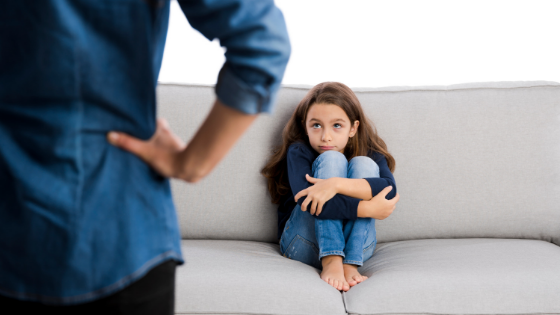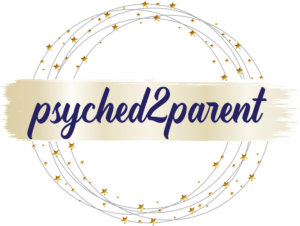
My Story with Spanking
Spanking…..I’ve been there. I’m a recovering spanker.
At my lowest point as a parent, I’ve been frustrated and lost my cool with my son. When I was at my wit’s end and after repeating myself for the hundredth time, I decided that I’d had enough. I took my son by the arm, brought him in his room, gave him a spanking, and left him there for a time out.
At the end of this, my son was upset and I was upset. To make matters worse, I hadn’t done anything to teach him how to behave appropriately. Talk about feeling like a failure. Spanking was a short-term solution. Here’s the problem with it, it doesn’t teach a child (mine or yours) how to behave.
(Disclaimer: Spanking and/or any form of physical discipline are not part of my parenting toolkit. I would NEVER recommend using these types of consequences with children.)
5 Reasons Spanking Sucks
In February the American Psychological Association (APA) came out with the “Resolution on Physical Discipline of Children By Parents.” APA is calling for alternative solutions for how parents respond to their child’s misbehavior.
According to the article, there are several reasons why physical discipline is discouraged with children. After reading the article, here are my top 5 reasons why parents shouldn’t use spanking with their children.
- Spanking is ineffective. There is no “consistent scientific evidence” that spanking (or other forms of physical discipline) reduces the likelihood of the misbehavior happening again. When parents use spanking to discipline their children, it is more likely to turn into physical abuse.
- Children who experience physical discipline display more aggressive behavior. These children often display more aggression both in preschool and school towards their peers.
- Spanking and physical discipline can result in mental health problems. These issues may appear in childhood but can have long-term issues that go beyond childhood into adulthood.
- When a parent spanks his or her child, the parent is putting himself or herself in the position to be a source of pain for his or her child. This can damage the parent-child relationship.
- Spanking and other forms of discipline impact the child’s brain development. Specifically, this form of discipline alters the cortisol and dopamine activity in the child’s brain. This may cause the child to be overly sensitive to stress and have an increased chance of substance abuse later in life.
Alternatives to Spanking
When it comes to parenting and responding to a child’s misbehavior, it is clear that using spanking and other forms of physical discipline are ineffective and should be avoided at all costs. Positive parenting practices focus on parents teaching the child how to behave and how to respond when a child misbehaves.
Want parenting help? Come join the online parenting course: Get Psyched 2 Parent
Get Psyched 2 Parent is a web-based parenting course. Over the course of five modules, parents are able to learn about the importance of the parent-child relationship, understand the purpose behind their child’s behavior, build their parenting skills toolkit with positive parenting practices, learn how to respond to misbehavior, and develop strategies to help with stress management and self-care.
Interested? I would love to have you participate! Click here to learn more!


